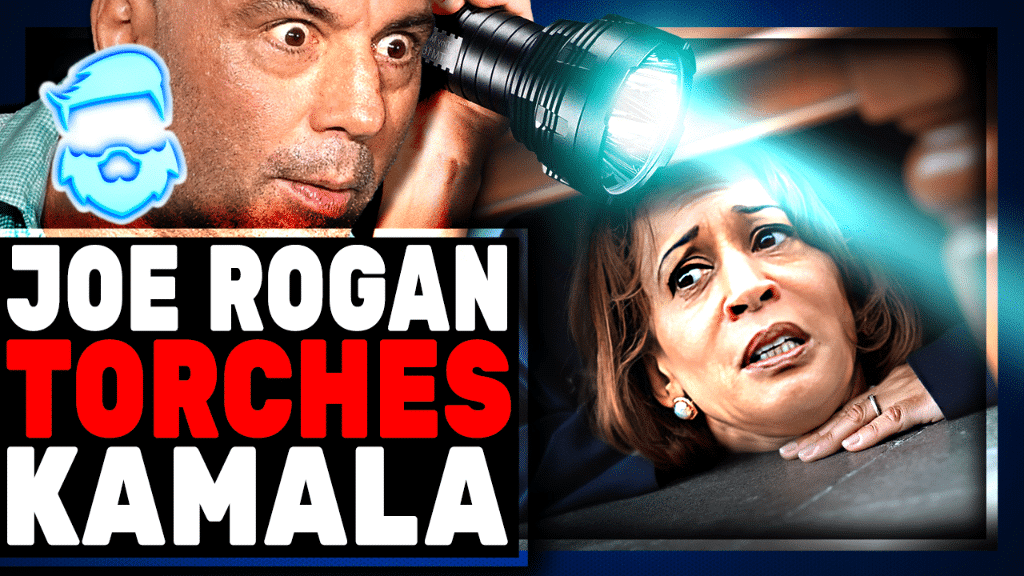According to TheWashingtonPost:
UPDATE: The fallout from the Lorenz story continues: On Thursday, members of The Post’s features staff held a meeting with Post Executive Editor Sally Buzbee, Senior Managing Editor Cameron Barr, Managing Editor of Diversity and Inclusion Krissah Thompson and Managing Editor of Digital News Kat Downs Mulder. At issue was a letter from features staffers citing an article in the Daily Beast identifying Deputy Features Editor David Malitz as the one who inserted the mistake about comment requests to YouTube content creators and reporting that the affair “may cost” Malitz a promotion to top features editor.
According to three sources at the meeting, one reporter pressed Buzbee on specifics, saying that colleagues had learned that Buzbee had offered Malitz the job on Thursday, June 2, and then rescinded the offer the following Monday. Buzbee, according to these sources, didn’t deny the timeline but insisted that Malitz was in no way punished for his mistake. Staffers who spoke at the meeting, according to the sources, were furious with Buzbee’s decision and asked whether it could be reversed. She was resistant to that suggestion, say the sources.
A Post spokeswoman said, “We will not be commenting.”
Washington Post staff writer Taylor Lorenz on Saturday posted a Twitter thread declaring that it was not she who inserted an erroneousline into her article. It was her editor. “I did not write the line and was not aware it was inserted,” wrote Lorenz.
“This should have been a small correction for a miscommunication, but it turned into a multi-day media cycle, intentionally aimed at discrediting the Washington Post and me.”
One takeaway from Lorenz’s thread was unmistakable: “In a series of tweets, Lorenz blames her editor for having inserted the error into her story and says she is the victim of a ‘bad faith’ campaign,” tweeted CNN senior media reporter Oliver Darcy.
Blaming editors for mistakes sounds like a craven act, and indeed it can be. But it also happens occasionally at prominent U.S. media outlets. Lorenz’s pointed tua culpa is at odds with the spirit of Post policy, however. And in this case, it received approval from The Post’s masthead, according to a source at the paper. A Post spokesperson says, “We provided input that we asked she take into consideration.”
The imbroglio kicked off a week ago with the publication of Lorenz’s article on the Internet content creators who thrived from the Johnny Depp-Amber Heard defamation trial. The original version said that two creators — Alyte Mazeika and the anonymous ThatUmbrellaGuy — had been contacted for comment. FoxNews.com reported that the paper deleted that claim with a stealth edit. The Post published a series of corrections and an editor’s note attempting to address the situation.

















